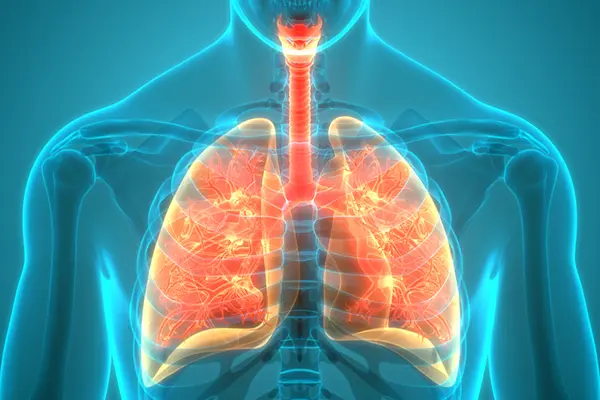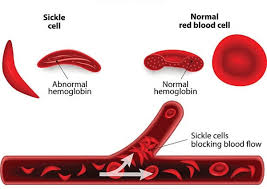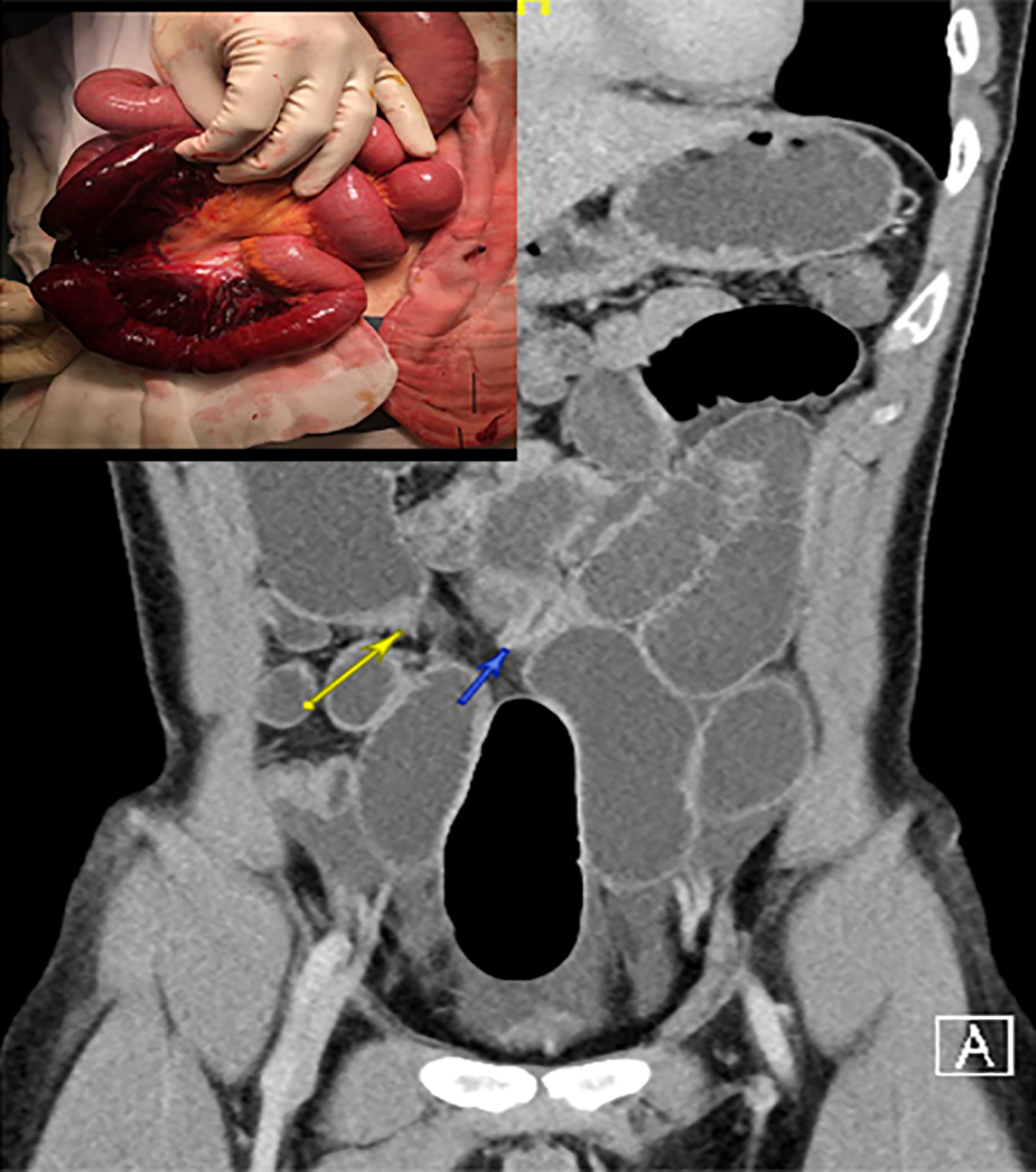- Users can learn to recognize the signs and symptoms of opioid intoxication in the post-operative setting, including respiratory depression, sedation, and confusion.
- The simulation provides insights into the appropriate management of opioid intoxication, including the use of opioid antagonists such as naloxone and supportive care measures.
- Users can practice implementing strategies to prevent opioid intoxication in post-operative patients, such as appropriate dosing regimens, patient monitoring, and patient education.
- The simulation emphasizes the importance of interdisciplinary collaboration in the management of opioid intoxication, highlighting the roles of nurses, physicians, pharmacists, and other healthcare professionals.
imaginX is used by many amazing schools and universities
University / College

























